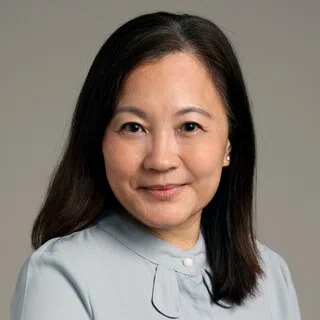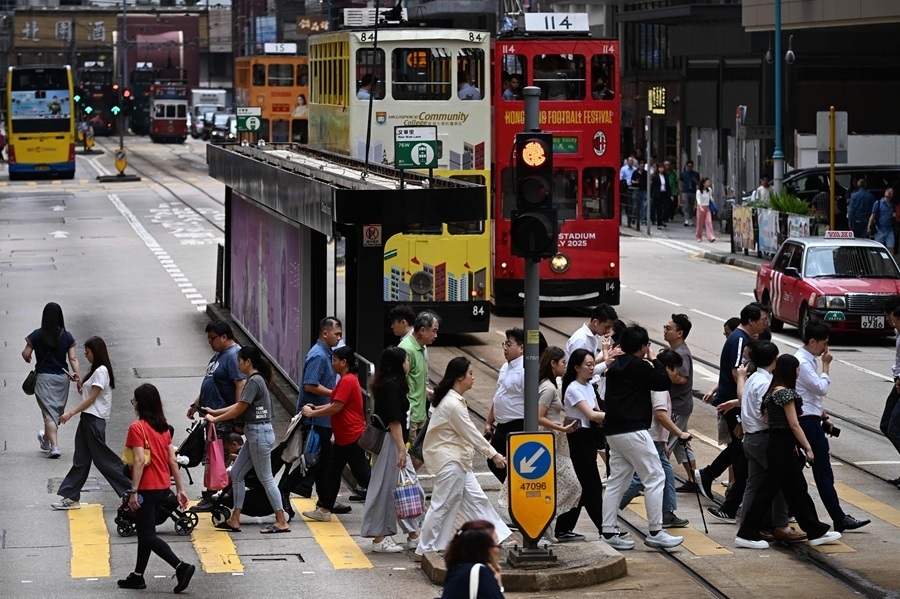[Big read] Is assisted living — even overseas — the smart retirement move?
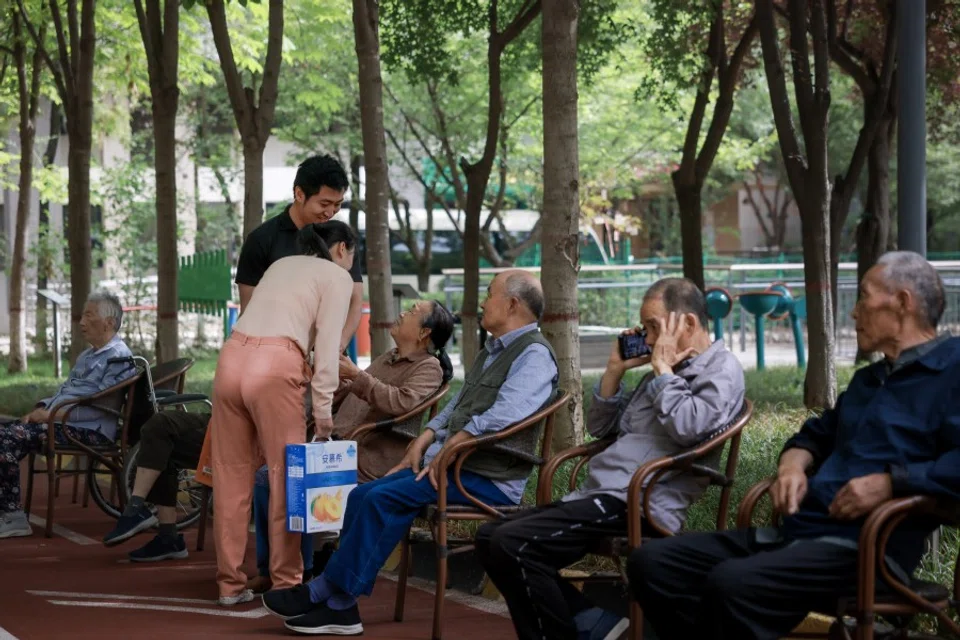
As Singapore’s population ages, the “silver economy” is booming. From luxury eldercare and AI companions to affordable overseas options, seniors are planning ahead. Lianhe Zaobao’s Vicki Loh speaks to providers and users shaping the future of retirement.
Wang Yafei, a 76-year-old resident of Perennial Alzheimer’s Care Village in Xi’an, began showing early symptoms of Alzheimer’s disease in 2023.
Wang Yafei’s daughter-in-law, Lü Jing, 46, recently told Lianhe Zaobao in Xi’an that after her father-in-law passed away in January this year, her mother-in-law’s health deteriorated rapidly. She twice left home on her own and got lost. Because the family knew little about Alzheimer’s disease, they did not know how to provide the best care, and since they also had to work, the stress was overwhelming, leaving everyone physically and mentally exhausted.
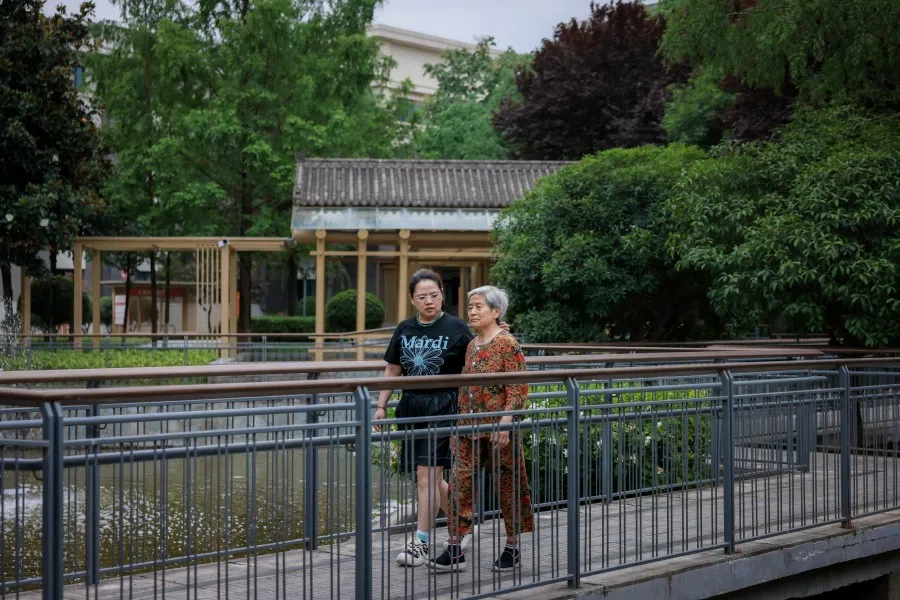
Although they once considered hiring a caregiver, Lü Jing felt that caregivers might not be professional and were unwilling to take responsibility. Whenever the caregiver needed time off, she would still have to find another solution, which was far less reliable than placing her in a nursing facility.
Singapore-based company builds China eldercare
China is one of the world’s fastest-ageing countries. It is projected that by 2030, about 25% of its population will be aged 60 and above, and cases like Wang Yafei’s will only increase.
Singapore-based Perennial Holdings has spotted the growth potential of the eldercare market, and has gradually transformed from a pure real estate developer into a healthcare-and-real-estate company, building and operating hospitals, medical centres, eldercare facilities and senior apartments in 14 Chinese cities.
“Choosing a retirement apartment for the elderly is not an act of abandonment. It’s about ensuring that, in the later years of their lives, they can live with the comfort, dignity and care they truly deserve.” — Fang Ziluan, daughter-in-law of 82-year-old eldercare facility resident Zhang Xiuying
Recently, at the group’s invitation, Lianhe Zaobao visited several of its healthcare projects in China.
In its Tianjin project, besides providing medical and rehabilitative services, the group also offers retirement apartments with 374 units for seniors who can live independently, as well as 1,227 assisted living beds for seniors who need help with daily activities.
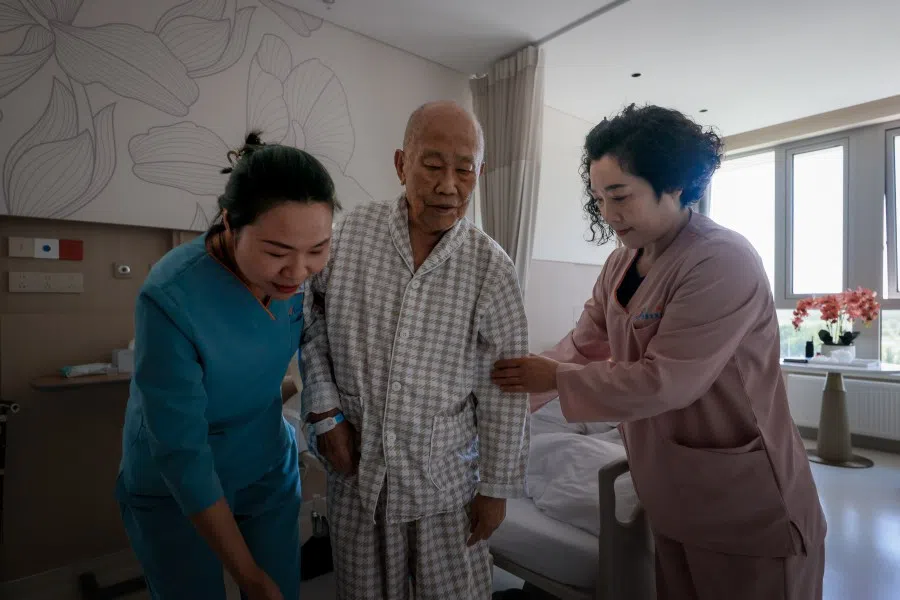
Retired school principal Zhang Xiuying, 82, has a heart condition. For safety reasons, her children arranged for her to move into different eldercare facilities in China over the past six years. She has now been living in Perennial’s Tianjin eldercare facility for more than a year.
In an interview in Tianjin, Zhang said, “Because there are so many activities here, the elderly can enjoy their later years. Thirteen activity groups have been formed, allowing seniors to join activities based on their personal interests and hobbies.”
Zhang Xiuying’s daughter-in-law, Fang Ziluan, 55, said: “Choosing a retirement apartment for the elderly is not an act of abandonment. It’s about ensuring that, in the later years of their lives, they can live with the comfort, dignity and care they truly deserve.”
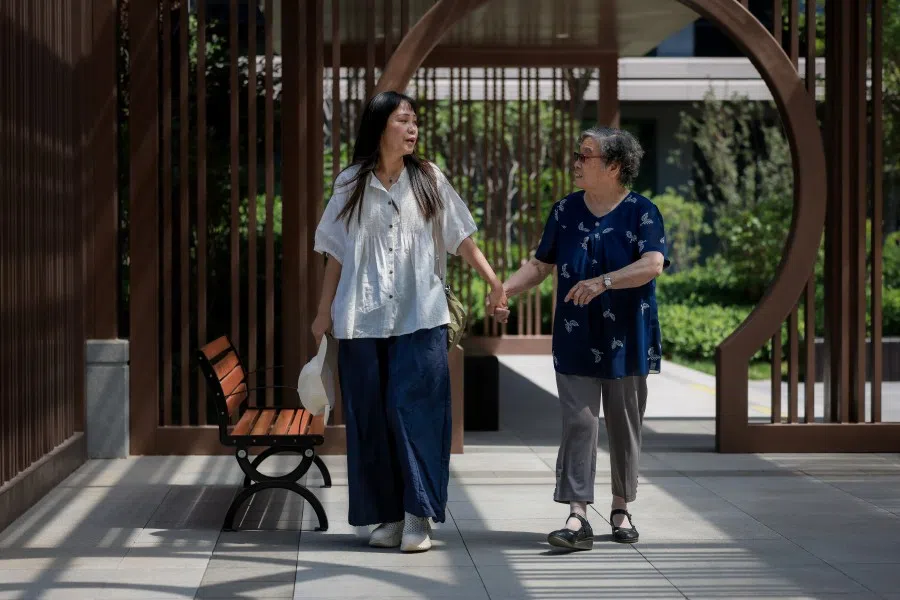
Fang Ziluan believes that since everyone grows old, one may not need to care too much about the length of life, but should pay attention to its breadth — each day should be lived to the fullest. If the elderly stay at home every day, they lose much of life’s joys.
She added: “Relatively speaking, most of the children of elderly parents are already over 50, or even in their 60s or 70s. That means the elderly are actually looking after the elderly, and the quality of care cannot be very high.”
... for seniors like Zhang Xiuying who can still care for themselves, the monthly cost of living in a retirement facility is around more than 7,000 RMB (US$980), which her monthly pension can cover.
Drawing on experience in China
In the Chinese market, having seniors move into care facilities is relatively well accepted. In terms of fees, for seniors like Zhang Xiuying who can still care for themselves, the monthly cost of living in a retirement facility is around more than 7,000 RMB (US$980), which her monthly pension can cover.
Pua Seck Guan, executive chairman and chief executive officer of Perennial Holdings, emphasised in an interview that eldercare operators must adopt the right mindset to provide appropriate and high-quality services.
“In the final phase of life, 30% of people will require a wheelchair or experience dementia, or both. While some societies view this as a natural stage of life, these changes are often seen as abnormal in Eastern cultures. People in their 80s have deeply ingrained lifestyles and habits, so we need to adapt to their ways rather than expecting them to adjust to English-speaking foreign caregivers.”
By 2026, Singapore is set to become a “super-aged” society, with citizens aged 65 and above making up 21% or more of the population. This demographic shift is driven by longer life expectancies and evolving family structures, including a rise in individuals who are single, divorced or widowed. Declining fertility rates have caused the old-age support ratio to fall to 3.0 last year, while the number of seniors aged 65 and above living alone increased by 11.6% within a year, reaching 87,200.
The average life expectancy in Singapore is 84 years, while the average healthy life expectancy is 74. This means that, on average, Singaporeans spend the last 10 years of their lives in poor health.
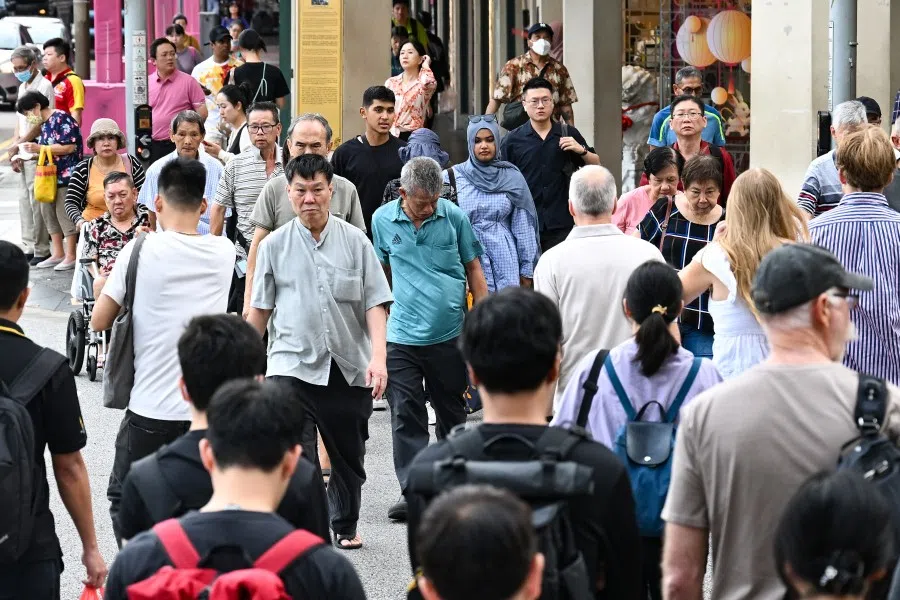
At this year’s National Day Rally, Prime Minister Lawrence Wong announced the launch of the Age Well Neighbourhoods initiative, to enable seniors to age in place within familiar environments. Health Minister Ong Ye Kung also outlined the basic framework of these senior-friendly communities, which integrate housing, healthcare, care services, and social support within the community so that seniors can receive continuous assistance in their daily lives.
... Perennial will draw on its operational experience in China and launch a private assisted-living residence at Parry Avenue, featuring 200 assisted-living apartments, 100 nursing home beds, and a rehabilitation and wellness centre. — Pua Seck Guan, Executive Chairman and Chief Executive Officer, Perennial Holdings
To give Singapore’s seniors more housing options, the Ministry of National Development, Ministry of Health, and Housing & Development Board jointly introduced Community Care Apartments. These senior-friendly homes combine housing with care services, which can be tailored to different levels of care needs and the scale of social activities, helping seniors live independently within the community during their silver years.
Pua Seck Guan said that while the government provides extensive care for citizens, there is a gap in the mid- to high-end service market. To address this, Perennial will draw on its operational experience in China and launch a private assisted-living residence at Parry Avenue, featuring 200 assisted-living apartments, 100 nursing home beds, and a rehabilitation and wellness centre.
Many corporate entrants to local mid- to high-end eldercare market
At Perennial’s assisted-living apartments, the cost of a basic package ranges from S$8,900 to S$17,000 (around US$6,800-US$13,139) a month, with early-bird discounts of 10% to 20%. The facility targets seniors aged 65 or above with the financial means.
Another player catering to the premium segment is Allium Healthcare, a private nursing home operator in Singapore. Its two-bedroom suites, designed for long-term care, start from S$7,000 per month.
To meet growing demand, some operators in Singapore are also repurposing private residential properties into co-living spaces for seniors. Located in the MacPherson area, Happy Home consists of six landed houses that will be progressively launched from October for rental. In addition to more than 26 individual rooms, it will feature an indoor swimming pool, gym, and communal lounge areas.
Happy Home founder Kris Ng said: “We aim to attract independent seniors who are single, widowed or whose children are living overseas or too busy to look after them.”
Drawing from her volunteer experience, Ng appreciates the need to address loneliness among seniors living on their own and the importance of encouraging them to socialise.
With Singapore’s silver economy booming, overseas operators are also actively seeking to attract Singaporeans to receive healthcare services — and even retire — abroad.
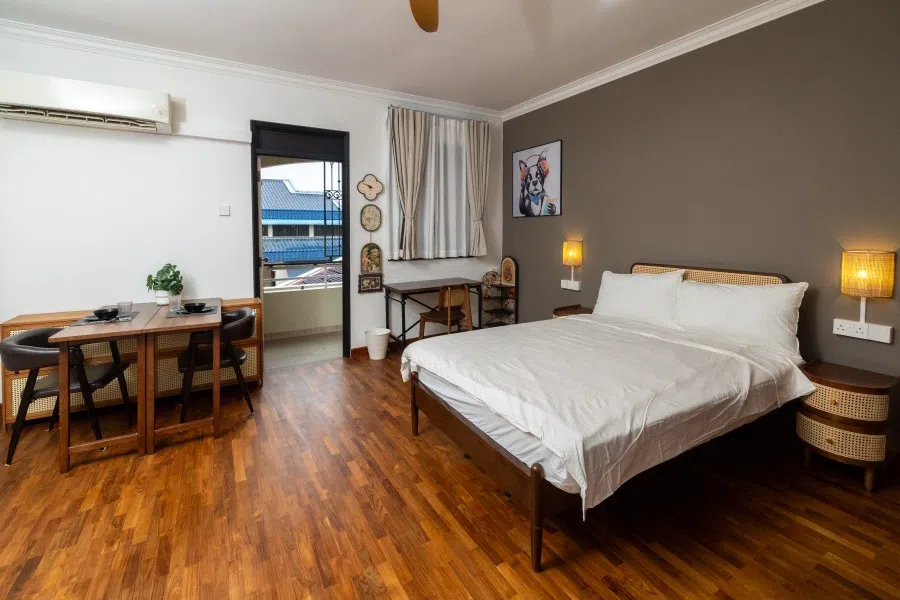
According to Ageing Asia Alliance, Singapore was ranked as the country with the biggest silver economy potential in terms of the capacity of its ageing population to spend, or be supported by their children. Its silver sector is expected to grow into a US$72.4 billion market this year.
Retiring abroad a future choice?
Foreign operators jostle for market share by persuading Singaporeans to relocate for eldercare
With Singapore’s silver economy booming, overseas operators are also actively seeking to attract Singaporeans to receive healthcare services — and even retire — abroad.
Malaysia’s Sunway Healthcare Group offers similar senior living communities, catering to the rising demand among Singaporean seniors for preventive care, health management programmes and elder living services.
According to the group’s website, fees for its independent living units start from RM8,800 (US$2,087) per month, while assisted-living units begin at RM10,800 — making them more competitive than private facilities in Singapore.
Dr Khoo Chow Huat, Sunway’s managing director of hospital and healthcare operations, told Lianhe Zaobao that proximity between Singapore and Malaysia, combined with price advantages, has led some Singaporeans to seek treatment and health screenings at the group’s medical centres, with demand steadily increasing.
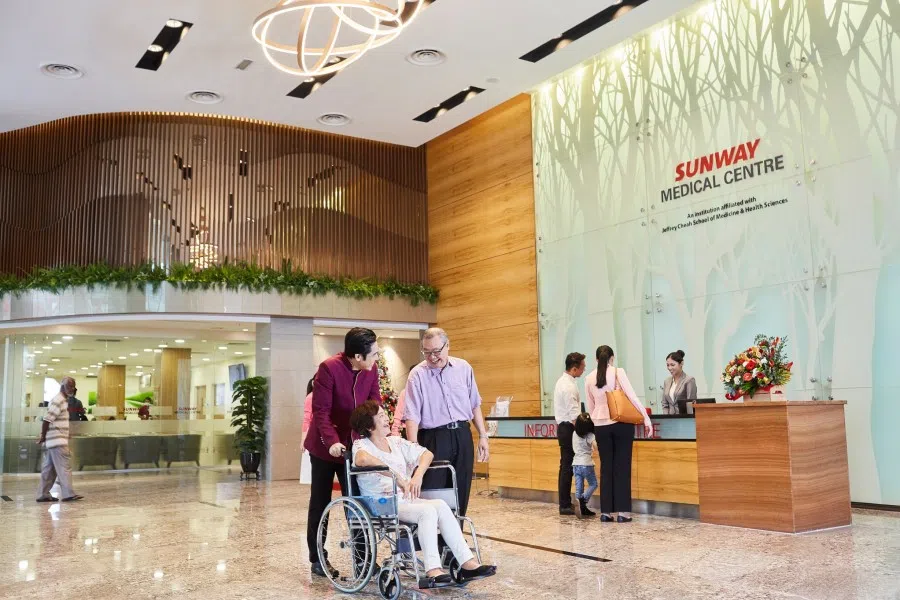
Commenting on the opportunities arising from an ageing society, Khoo said the greatest growth potential lies in a comprehensive silver care system, including chronic disease management, specialist geriatric nursing and active ageing programmes.
“For businesses to succeed in the silver economy, the first step is to genuinely understand the needs and values of seniors. As age-related mobility or health issues begin to restrict their roles in society, they may feel bored, isolated or lose their sense of purpose. Companies should foster social inclusion and encourage meaningful participation to help seniors stay connected to the community and continue contributing to society.”
Dex-Lab Pte Ltd, which originated from a social robotics research project at Nanyang Technological University, has developed the second generation of its humanoid social robot, Daisy, which can guide seniors through light exercises, play cognitive games, play music and even converse in multiple languages.
AI and digital solutions for eldercare?
Compared to previous generations, today’s and tomorrow’s seniors aged 65 and above are markedly different.
Many in this age group are well-educated, possess retirement savings, plan ahead for retirement, and are keen to purchase products and services designed with their needs in mind.
Enterprise Singapore has noted that telemedicine, health technology, senior nutrition and assisted living present key opportunities for businesses. The agency also offers various programmes and schemes to support entrepreneurs in the silver economy sector.
Dex-Lab Pte Ltd, which originated from a social robotics research project at Nanyang Technological University, has developed the second generation of its humanoid social robot, Daisy, which can guide seniors through light exercises, play cognitive games, play music and even converse in multiple languages. This makes seniors’ daily lives more engaging while also reducing the workload of care staff.
Dex-Lab director Tan Chee Ping said: “As care needs rise amid persistent manpower constraints, there is strong demand for solutions that enhance quality of life, promote independence and support care-giving staff.”
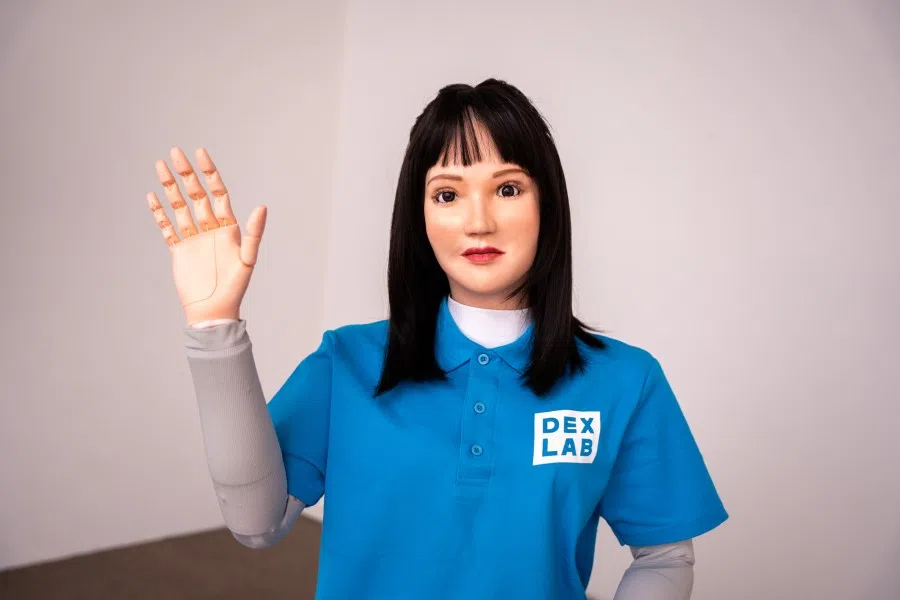
At present, the company’s main clients are nursing homes, community hospitals and similar institutions facing acute labour shortages, where Daisy the humanoid robot can provide valuable assistance.
Tetsuyu Healthcare Holdings, a healthtech firm established in 2016, operates two flagship solutions: the CARES care management system and CARES4WOUNDS, an AI-powered wound management application registered with Singapore’s Health Sciences Authority.
Tetsuyu managing director and co-founder Ng Li Lian said: “The potential of the silver economy is only just being unlocked. As government-led and -funded initiatives benefit the mass market, there is growing demand among eldercare vendors for digital solutions across home care, rehabilitation, active ageing and nursing home services.”
Ng projected that the company could achieve S$20 million in revenue by 2028.
... today’s seniors are more tech-savvy, widely travelled and no longer satisfied with just sightseeing. Instead, they seek immersive cultural experiences, culinary adventures and for the more active seniors, low- to medium-risk adventure trips. — Jeremiah Wong, Deputy Director of Marketing Communications, Chan Brothers Travel
Banks rethink services as seniors want more than sightseeing overseas
Beyond healthcare, leisure and entertainment for seniors are opening a new chapter in the tourism industry.
Jeremiah Wong, deputy director of marketing communications at Chan Brothers Travel, said that many seniors today are healthier, more financially secure and more eager to enjoy pleasures they had to postpone when younger, compared to the previous generation.
He noted that today’s seniors are more tech-savvy, widely travelled and no longer satisfied with just sightseeing. Instead, they seek immersive cultural experiences, culinary adventures and for the more active seniors, low- to medium-risk adventure trips. “Ageing societies not only create more needs, but also change the nature of needs.”
Serving the ageing market is not only about creating new products and services, but also about adapting existing ones to better engage with seniors, offering them greater care, and taking on more social responsibility.
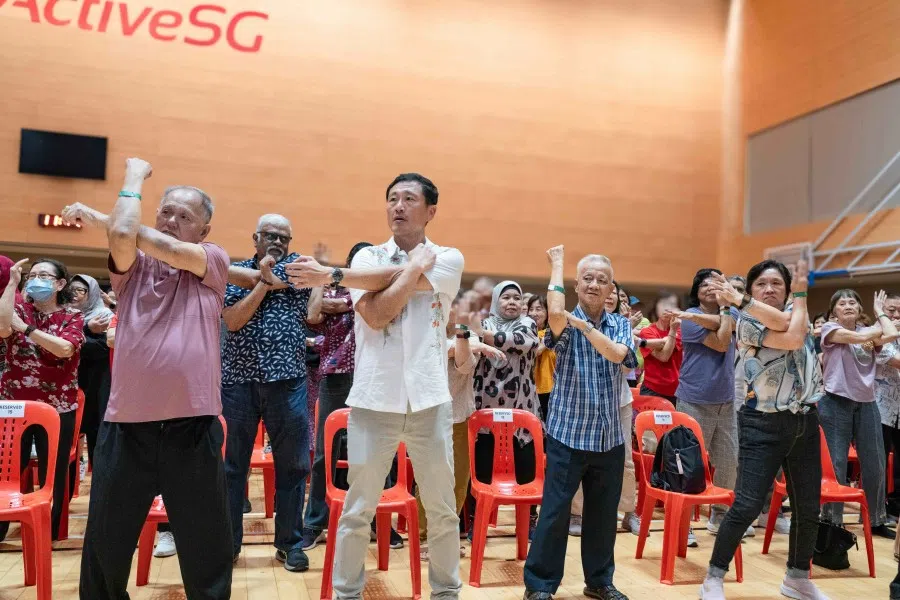
OCBC Bank and UOB have also made changes in branches with a larger elderly clientele, deploying “care ambassadors” fluent in multiple dialects to provide personalised assistance to seniors.
This year, OCBC pledged over S$2 million to launch a three-year OCBC SeniorCare Programme, aimed at helping more than 180,000 customers aged 60 and above enjoy healthier and more fulfilling golden years.
The bank’s group segment head Susan Tan said, “It is our responsibility to support our core customers.”
Meanwhile, UOB assists seniors with financial and estate planning tailored to individual needs, while also stepping up efforts to educate “pre-seniors” in their 50s and 60s about the importance of retirement planning.
UOB’s head of group personal financial services Jacquelyn Tan shared: “We also continuously review our policies and services, for instance adjusting age limits for product applications and recognising diverse income sources as part of credit eligibility assessments. In credit evaluations, we also take into consideration longer life expectancy and extended employment.”
This article was first published in Lianhe Zaobao as “从康护养老到旅游消遣 银发经济蕴藏无限商机”.
